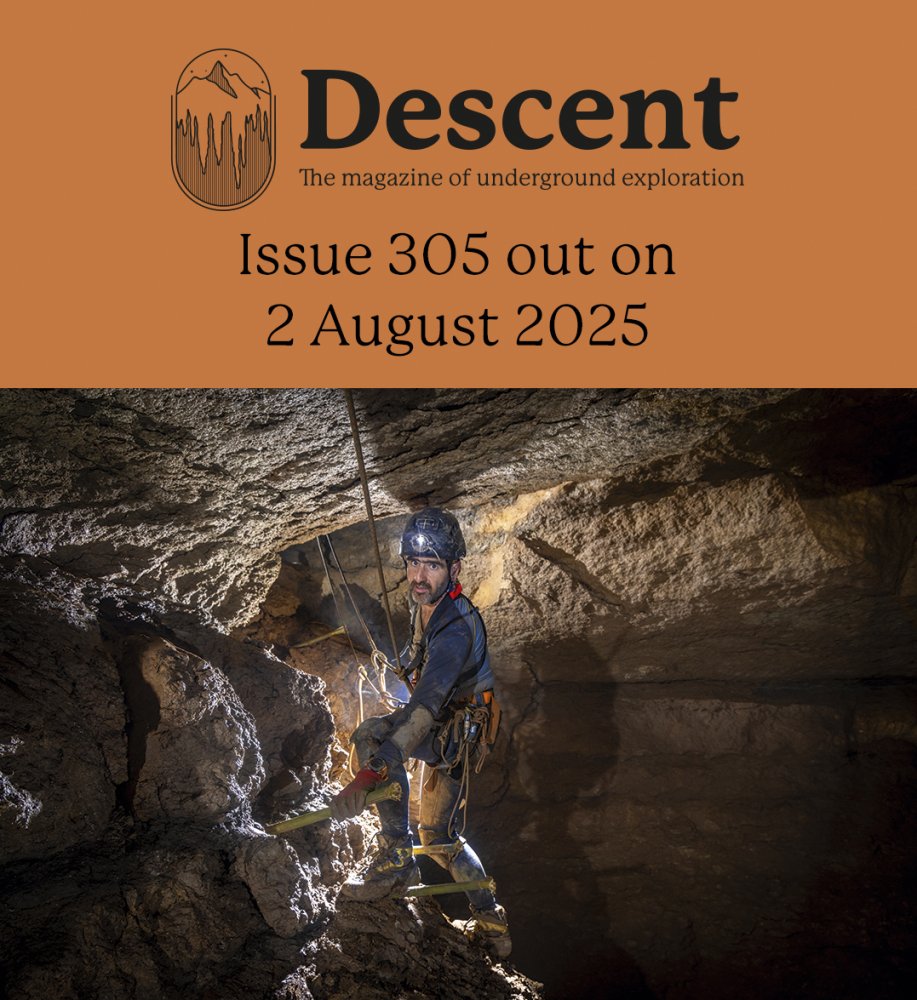ttxela said:
My understanding is that the reverse burden of proof would definitely apply if it was a ?work? situation, this seems to sum up the current position quite well;
http://www.dwf.co.uk/files/News/e977c96e-fa89-4939-8960-d1e2eb806ad1/Presentation/NewsAttachment/f3886538-a757-4eeb-8c0b-d31136dca78b/Article%20REB3%20-%20Chargot.pdf
So;
- Is this a situation where prosecution is likely under H&S legislation?
- Is there an ACOP that covers winching people ?
I know this is terribly hairsplitting, but I'm in that kind of mood (probably because I still haven't warmed up from last night's trip) and your link seems to emphasise the point, how did the accident happen if you did everything you were supposed to?
So the prosecution is basically saying "if you drove from Brum to Manchester in under an hour you were speeding", normally the court would require the prosecution to give evidence of exactly when the offence occurred, who witnessed it etc. but in this case the court is waving that higher standard of evidence, presumably because it is all to easy for employers to slip out of a prosecution because the detailed evidence could not gathered. Evidence of an accident, and that the accident occurred at the work place and that there was some failure of duty of care by the employer would still be needed.
If we get back to caving, we are back to what happened and how. At a guess I would say the three most likely accidents are falls(inc. trips and slips), falling rocks and exacerbation of existing medical conditions. You could be following all the rules and regs and one of your party trips and breaks a wrist, I doubt in that situation the burden of proof would be with you, however if you take a diabetic on a 10 hour trip with no insulin and they go into a coma, it might be down to you to show that you took reasonable steps ensure that they fully understood what they were getting into, how physical and long the trip would be etc.



